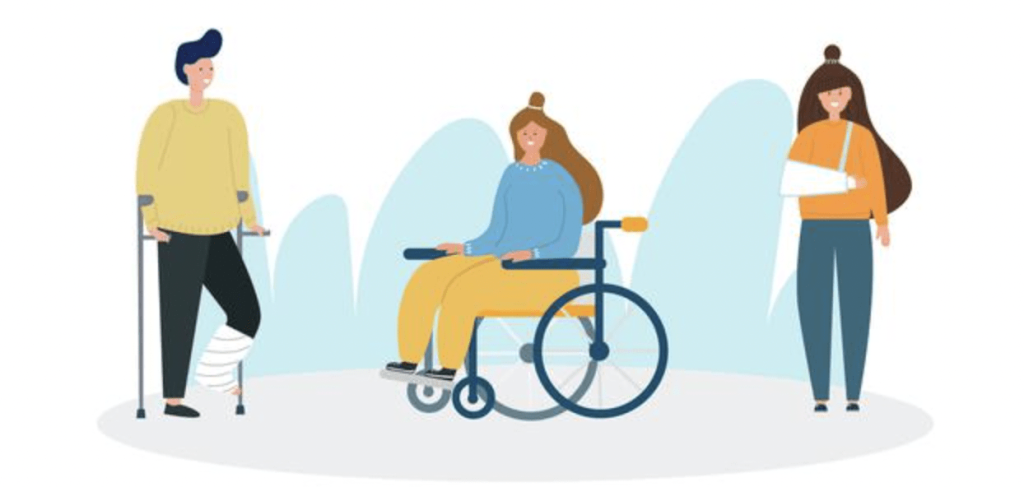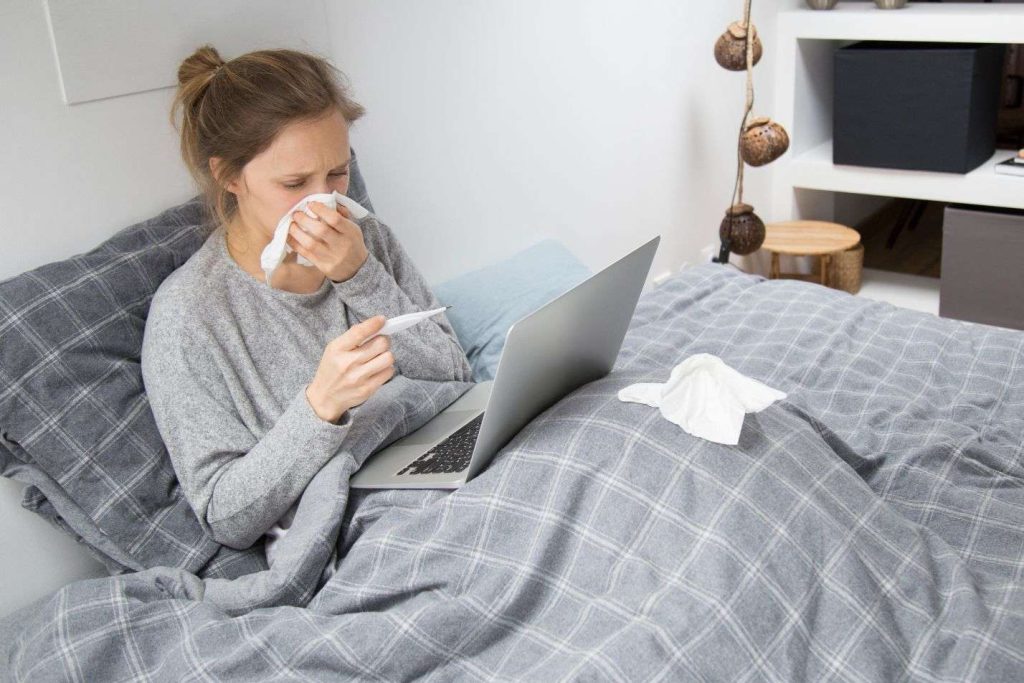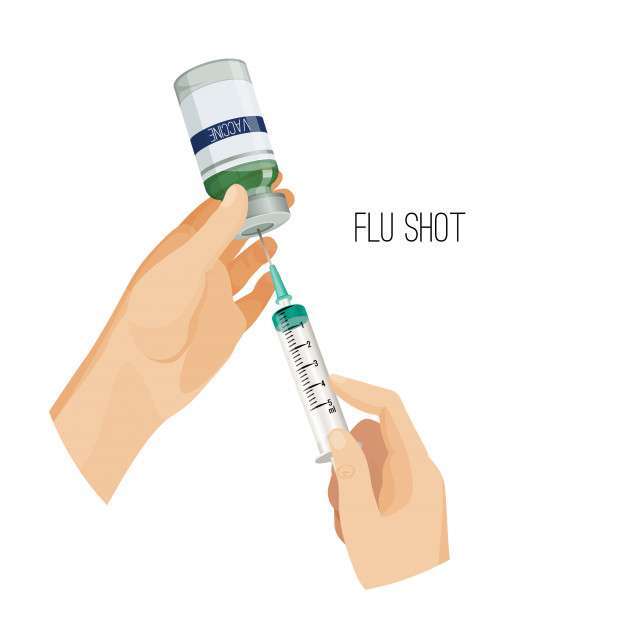
Sick leave, a workplace guide
What does sick leave mean? This article is an important tool, in understanding your workplace rights. Now what is it? Sick and Carer’s leave (also known as personal leave or personal / Carer’s leave) lets an employee take time off. To help them deal with personal illness, caring responsibilities and family emergencies. Sick leave can be used when an employee is ill or injured. This illness could be physical or mental (i.e. stress leave). You cannot be dismissed for being ill or injured.
Time off to care for an immediate family
An employee may have to take time off to care for an immediate family or household member who is sick or injured or help during a family emergency. This is known as carer’s leave but it comes out of the employee’s personal leave balance.
An immediate family member is:
- a spouse or former spouse
- de facto partner or former de facto partner
- child
- parent
- grandparent
- grandchild
- sibling, or
- child, parent, grandparent, grandchild or sibling of the employee’s spouse or de facto partner (or former spouse or de facto partner).
This definition includes step-relations (eg. step-parents and step-children) as well as adoptive relations. A household member is any person who lives with the employee.
How much sick leave should I have?
Under the Fair Work Act 2009 national system, permanent full-time employees are entitled to 10 days of paid personal/carer’s leave per year. Permanent part-time employees and permanent employees with variable hours are entitled to 1/26th of their ordinary hours in paid personal/carer’s leave. Employees roll over any unused time but will not ordinarily receive a payout for unused sick leave once they retire or leave the company (unless the employee’s Modern Award or enterprise agreement provides for differently).
Full-time and part-time employees accumulate sick and carer’s leave during each year of employment. It starts accumulating from an employee’s first day of work and is based on their ordinary hours of work. The balance at the end of each year carries over to the next year.
To calculate your sick and carer’s leave entitlements, use the Leave Calculator on the Fair Work Ombudsman website.

What do I do if I need to take sick/personal/carer’s leave?
It is important to note that every employer has different policies and procedures regarding calling in sick. If you are unsure about your employer’s specific rules, there are a number of important tips that employees should be aware of when calling in sick or using their sick leave entitlements.
Ensure you call your employer as soon as possible.
This is an important step as it ensures your employer has sufficient time to either cover your shift (if applicable) or allows them to plan ahead in organising themselves and potentially allocating your duties and responsibilities to be carried out by other employees, where possible. For example, if you are unwell on the night before you are due to go to work, it may be wise to message/email your boss that evening and inform him that you are unwell and cannot attend work the following day. Alternatively, contact your employer first thing in the morning. The sooner they know, the better.
Let your team/colleagues know.
If you work in a team or as part of a team, it may be courteous for you to inform your team that you are unwell and will not be attending work. This is particularly important if you have a deadline coming up or you are in charge of completing particular tasks that may be time-sensitive. Nevertheless, it is important to keep your colleagues in the loop so they do not think that you are just leaving them stranded.
Explain your availability, if any.
Due to COVID-19 and working remotely, it is not uncommon for employees to be checking their emails or completing work from home. If you are too sick to go into work (i.e. exhibiting cold or flu symptoms) but you still feel that you could potentially complete some work at home, inform your employer accordingly.
Follow up if your able to, or as soon as you can
Once you are ready to return to work, ensure you follow up with your employer to ask them whether you need to provide any documentation, i.e. a medical certificate for your sick leave or to claim your entitlements. Keep in touch with your Employer, sometimes this is not easy, don’t end up with dismissal for abandonment of employment, or a resignation by the employer because they cannot find you or haven’t heard from you. Sometimes Employers seize on these sort of issues to justify your dismissal, they just want to get you “off the books” for taking to much sick leave, your seen as an inconvenience to them.

What can my employer do? Can they punish me?
If an employee is sick, there is not much an employer can do. However, if an employer has reason to suspect that an employee is abusing their personal/carer’s leave, it’s important you document their behaviour.
Keep a record of when the employee calls in sick including dates, times, and reasons for the absence. As an employer, you can request evidence from an employee to support their reason for calling in sick – for example, a medical certificate. Generally, a doctor’s certificate has to be taken at face value. That is, if a doctor says the employee is too ill to work, then they’re too sick to work. Although an employer can challenge a medical certificate, the circumstances for doing so are rare.
For instance, an employer may be able to challenge a certificate because it appears fraudulent. If an employee fails to provide requested evidence to support their time off work, they are not entitled to be paid for the absence. However, employers should treat lightly when poking and proving employees for further detail regarding their sick leave or their illness. An employer can discuss their concerns with the employee and potentially take disciplinary action. (It’s important to note that the employer must also give the employee a reasonable timeframe to produce evidence).
Serious Misconduct
Some employers will dismiss you for serious misconduct. While you are away they go looking for past incidents, issues to justify not getting you back. You have been a bully, you were inappropriate towards female staff. You say well why hasn’t anybody previously come forward? The employer responds that’s because they have all been too scared while you were here to come forward. Be careful, its logical the longer your off work the more it becomes a problem. Particularly in small business where they want/ see it as they have to move on.

Can I be dismissed or receive a warning for calling in sick?
An employee is no longer protected from being dismissed (even if they provide evidence) if: the total length of their absence due to illness or injury is more than 3 consecutive months or a total of more than 3 months over a 12-month period over that period they’ve only taken unpaid leave, or they’ve taken a combination of paid and unpaid leave.
Employees who take a period of sick leave that is paid the whole time are protected from dismissal regardless of how long they’re on leave. However, employers must still follow the appropriate rules for carrying out a dismissal and employees may challenge the termination of their employment by:
- making an unfair dismissal application if the reason for the dismissal is harsh, unjust or unreasonable
- making a general protections claim if the reason for the dismissal is another protected reason, or
- Lodging a claim under a state or federal anti-discrimination law.
In short, an employer may have grounds to terminate / dismiss an employee for calling in sick. A dismissal involving absence from work and whether this is justified, can be risky and it is best to seek professional advice on such cases. You cannot stay away from your workplace for ever, be aware of this. You may be eligible to lodge a unfair dismissal claim, or a general protections claim. If your employer has terminated/ sacked/ dismissed, bullied, harassed you, in your employment because of your sick leave or personal leave, please call us on 1800 333 666 for a free and confidential discussion.
Sick Leave A Workplace Guide
I hope this article was helpful to you. We are A Whole New Approach P/L, we are not lawyers but the nations leading workplace advisors. Give us a call, we are here to help, we keep it real, honest, prompt. We are bases in Victoria, but we work on a national basis.
Anything to do with Fair work Australia, workers rights, abandonment of employment, casual employees call us now.
Call 1800 333 666
Articles similar to Sick Leave A Workplace Guide
Unfair dismissal, no win, no fee






